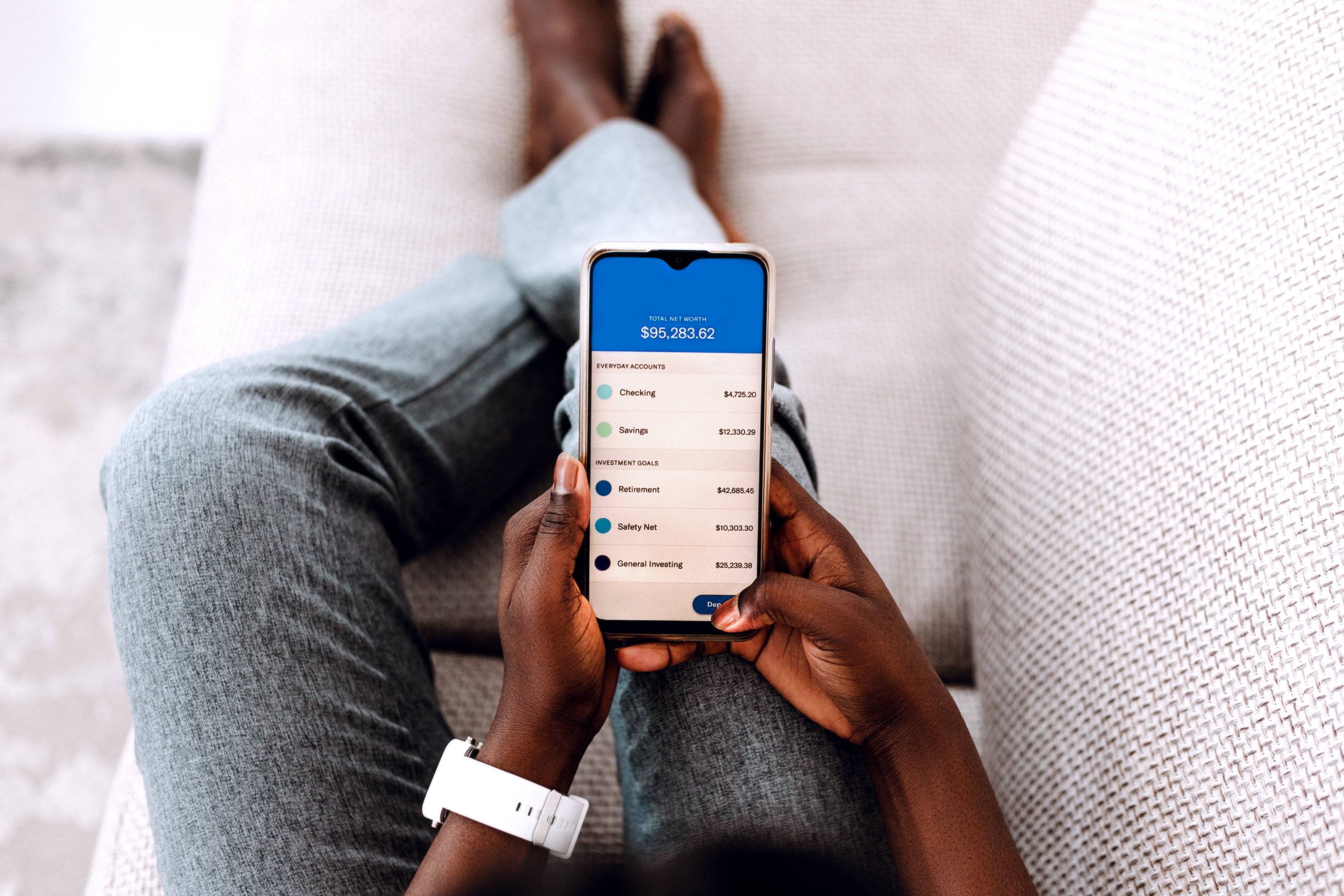Thanks, Brian! “Set up a system to accomplish your financial goals instead of relying on willpower. On one hand, I love the beginning of the year because so many people are thinking about their finances. On the other hand, most financial resolutions fail because willpower eventually fades. Instead of relying on willpower, put a system in place that drives your financial life,” says Walsh. Here’s how Walsh suggests you start:
- Review your 2022 finances. The goal here is to see how your spending compared to your income, where you spent money, what you wasted money on, and where you can reduce costs.
- Pick a small goal to focus on for the next one to three months. Once you understand your finances, come up with a small goal — something like putting $200 a month toward your emergency fund or $100 toward a debt you’ve been carrying. Walsh says that “The best way to stick with it over the long-term is through experiencing smaller wins along the way and establishing a system that does not rely on motivation with only one big win down the line.”
And if you’re already saving toward retirement, it’s worth noting that contribution limits have increased so you can now put more money away (or catch up if you’re new to this). “The 401(k) contribution limit increased to $22,500 from $20,500 last year. On top of that, individuals over the age of 50 can now make an additional $7,500 of catch-up contributions to their 401(k),” says Walsh. “The increase to the contribution limits for IRAs is slightly smaller. The limit is now $6,500 which is up from $6,000 last year.” “Most people have debt outside their mortgage and have other expenses that when combined with spending this much on housing would make it extremely challenging if not impossible to save enough to accomplish financial independence. Plus, overspending on housing just adds a ton of stress to your life because if something goes wrong, it can get bad quickly,” he says. His advice is to buy a house that is less expensive than what the lender will approve you for. And if you’re a renter with additional expenses like childcare or debt, you might want to consider downsizing to a smaller space, getting a roommate, or moving to a neighborhood or area where rents tend to be lower. “During periods of uncertainty and volatility, the basics are extremely important,” says Walsh, who notes that having an emergency fund is one of three “basics” that will allow you to handle the unexpected. 1.) Find out how much interest you’re paying on various debts and pay off the one with the highest interest first. The idea here is that you cut out the debt that is causing you to lose the most money (the higher the interest, the more money you’re losing). 2.) Pay off the smallest debt first and go from there. This method is especially helpful if it turns out your biggest debt also has the highest interest rate. It can be discouraging to slowly whittle down a huge debt when you have a more manageable debt sitting unpaid. That said, this is one of Walsh’s “basics” and ultimately the foundation to financial success. If you don’t have $200 in your bank account, don’t buy the boots. If you don’t have an extra $400 lingering in your bank account every month, don’t sign up for a car payment. To avoid getting into financial trouble — over a car — he suggests “buying a reasonable car that you will keep for its useful life.” From his experience, “leasing a car, driving a luxury car, or trading in a car every few years are the easiest ways to put yourself in an extremely vulnerable financial position.” “Automation allows you to make a good decision once while you are motivated and reap the rewards even when you are not as motivated,” says Walsh. “You can automate your bills, saving, extra debt payments, investing, etc. Pretty much any goal you have, you can automate it!” Walsh’s company, SoFi, has a digital money management tool that tracks all your money in one place. He explains that their tech, SoFi Insights, “allows you to quickly understand what you own, owe, and spend all in one place. These tools also provide targeted insights to help you make better decisions.” Once you have an answer to those three questions, you can rely on your bank to come up with a plan that matches your risk tolerance and goals. “Many people overcomplicate investing. With robo-advisors and diversified ETFs, you can have diversified investments in minutes at extremely low costs,” says Walsh. “All of your essential expenses combined should be less than half of your take-home pay. This includes housing, transportation, debt payments, groceries, childcare, etc.,” says Walsh. So, if you have a lot of debt, you may need to settle for a less expensive house or apartment, and if you have kids, you may need to skip the luxury car and go with something that’s more affordable.






